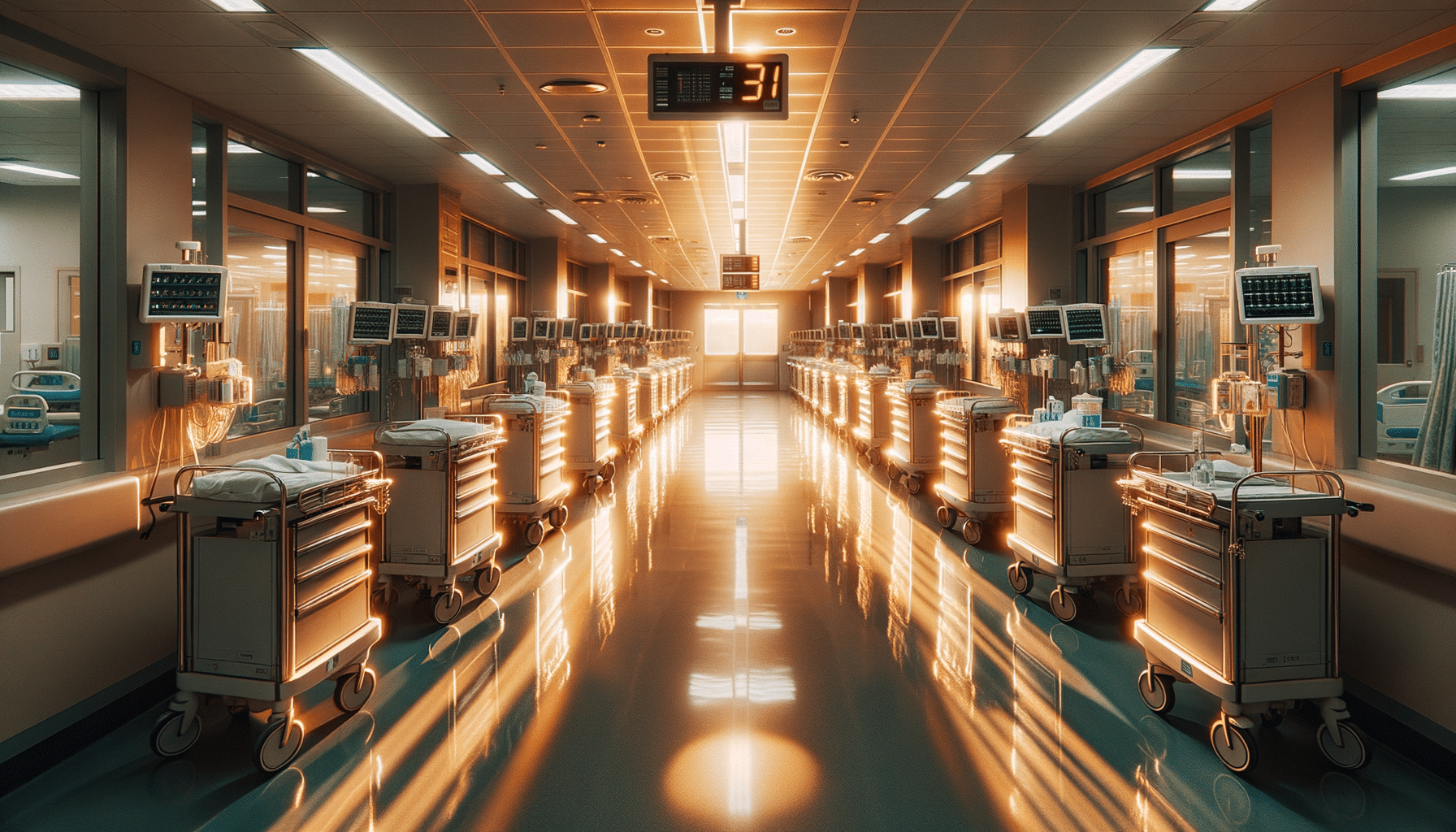
Hospital Cleaning Jobs: A Gateway to Stable Employment in Healthcare
Introduction to Hospital Cleaning Jobs
In the bustling world of healthcare, hospital cleaning jobs play a crucial yet often overlooked role. These positions are not only essential to maintaining the hygiene and safety of medical environments but also serve as a gateway to stable employment in the healthcare sector. Hospital cleaning staff are responsible for ensuring that all areas of a healthcare facility are clean, sanitized, and well-maintained, which is vital for patient safety and infection control. This article explores the importance of hospital cleaning jobs, their contribution to the healthcare industry, and the career opportunities they present.
The Importance of Cleanliness in Healthcare
Cleanliness in healthcare settings is paramount. Hospitals are environments where patients with weakened immune systems are treated, making them susceptible to infections. Here, the role of cleaning staff becomes indispensable. By ensuring that surfaces, medical equipment, and patient rooms are thoroughly cleaned and disinfected, hospital cleaning jobs help prevent the spread of infections and diseases. This aspect of healthcare cannot be overstated, as it directly impacts patient outcomes and the overall effectiveness of medical treatment.
Moreover, maintaining a clean environment is essential for compliance with health regulations and standards. Hospitals must adhere to strict guidelines to avoid penalties and ensure the well-being of both patients and staff. Cleaning staff are trained to use specialized cleaning agents and techniques to meet these standards, showcasing the specialized skills required for these positions.
Career Opportunities and Growth
Hospital cleaning jobs offer more than just stable employment; they provide a pathway for career growth within the healthcare sector. Many individuals start their careers in entry-level cleaning positions and, with experience and additional training, can advance to supervisory roles or specialize in areas such as infection control. For those interested in furthering their careers, hospitals often provide training programs and opportunities for professional development.
Additionally, working in a hospital setting allows employees to gain exposure to various healthcare roles. This exposure can inspire individuals to pursue further education and career advancement within the broader healthcare field, such as nursing or healthcare administration. Thus, hospital cleaning jobs serve as a stepping stone for individuals looking to build a long-term career in healthcare.
Challenges and Rewards of Hospital Cleaning Jobs
While hospital cleaning jobs are rewarding, they come with their own set of challenges. The work is physically demanding and often requires long hours, including nights and weekends. Cleaning staff must handle hazardous materials and adhere to strict safety protocols to protect themselves and others. Despite these challenges, many find the work fulfilling due to the direct impact it has on patient care and safety.
The rewards of working in hospital cleaning are not limited to job satisfaction. Employees often receive benefits such as health insurance, retirement plans, and paid time off. Additionally, the demand for cleaning staff in healthcare facilities remains high, providing job security and stability. These factors make hospital cleaning jobs an attractive option for those seeking a reliable and meaningful career.
Conclusion: A Vital Role in Healthcare
In conclusion, hospital cleaning jobs are a critical component of the healthcare system. They ensure the safety and well-being of patients and staff by maintaining a clean and hygienic environment. For individuals seeking stable employment with opportunities for growth, these positions offer a promising career path. As the healthcare industry continues to evolve, the demand for skilled cleaning staff will remain strong, highlighting the importance of these roles in delivering quality care.
Whether as a long-term career or a stepping stone to other opportunities within healthcare, hospital cleaning jobs provide invaluable contributions to the health and safety of communities. Their significance cannot be overstated, and those who choose this path can take pride in their essential role in the functioning of healthcare facilities.


